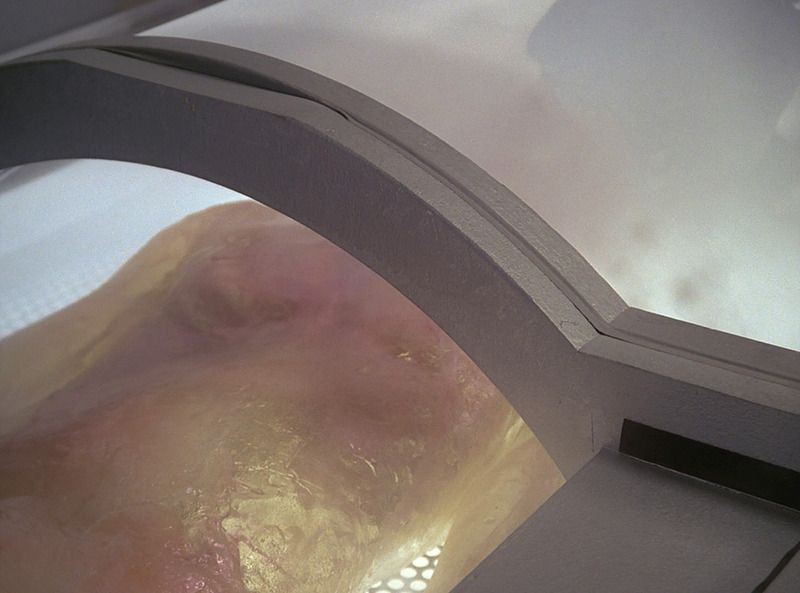
In regards to the killing of the clones of Pulaski and Riker during episode "Up the Long Ladder", was that an ethical act? Did they have the right to terminate them?
(Riker, La Forge and Pulaski beam straight in, and find adult-sized replicas of themselves in cloning tubes. With Kate's consent, Riker phasers them out of existence)
GRANGER: Stop! Murderers!
RIKER: Like hell! You're a damn thief!
PULASKI: Gentlemen, please.
"Killing your own clone is still murder." according to Odo in episode "A Man Alone"


